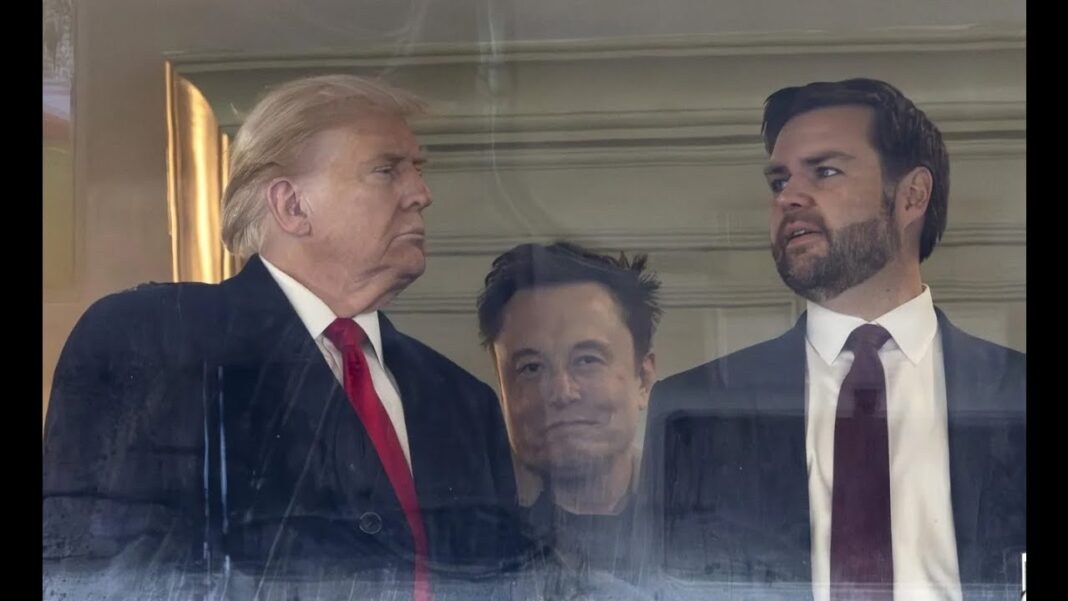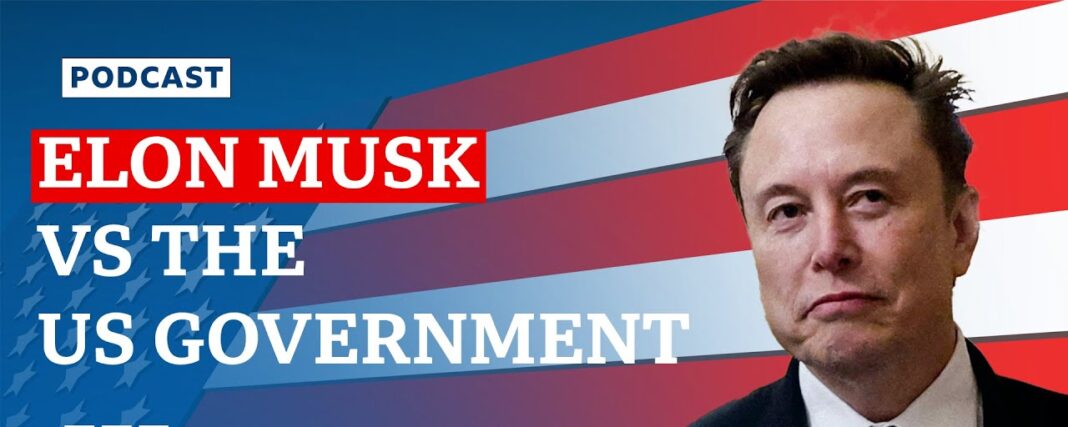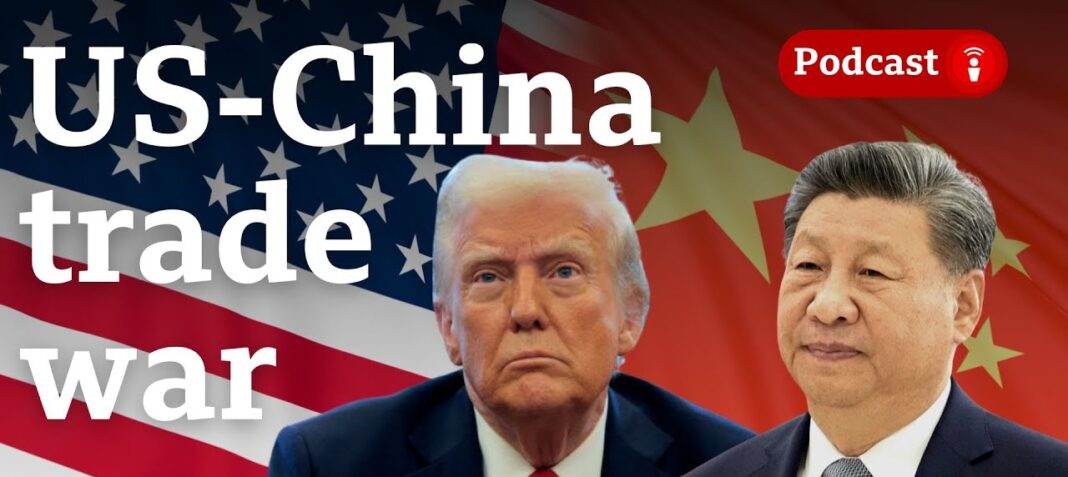A recent controversy has sparked widespread debate involving Elon Musk, political figures, and key U.S. institutions. The issue revolves around a Musk-affiliated individual who resigned after past racist comments surfaced. The response from public figures, including JD Vance and Donald Trump, has fueled political and ethical discussions. Additionally, Musk’s push to dismantle government agencies like USAID and the Consumer Financial Protection Bureau (CFPB) has raised concerns over national security, financial oversight, and geopolitical shifts.
Controversy Surrounding Elon Musk’s Aide
A report revealed that a Musk associate gained access to sensitive U.S. data, including Social Security numbers. The individual, Marco Les, resigned after media scrutiny exposed his involvement. However, JD Vance defended him, stating that social media activity should not dictate someone’s career fate.
Despite Les’s resignation, Trump and Musk backed efforts to reinstate him. This incident underscored deeper political alignments and exposed divides over accountability in leadership. Critics argue that dismissing discriminatory behavior fosters a hostile environment, particularly for minority groups.
JD Vance’s Political Calculations
JD Vance, married to an Indian American woman, faced scrutiny for defending Les, who previously promoted anti-Indian sentiment. His stance highlights a broader trend—politicians aligning with influential figures like Musk and Trump at the expense of personal integrity.
Vance, once a vocal Trump critic, has since shifted to a position of unwavering loyalty. His transformation reflects a pattern in Trump’s political sphere: allies must prioritize loyalty over past principles. This shift raises questions about the cost of political ambition and personal ethics.
Government Agencies Under Attack
Musk has actively targeted federal agencies, advocating for the dissolution of USAID and CFPB. These institutions serve critical roles:
- USAID provides global humanitarian aid, improving international relations and security.
- CFPB safeguards consumers from predatory financial practices, having returned billions to Americans.
Eliminating these agencies benefits corporate interests while weakening financial protections and global U.S. influence. Critics argue that dismantling such organizations aligns with Musk’s business interests rather than national well-being.
Data Security Concerns and Political Reactions
A significant aspect of the controversy involves Musk’s alleged access to American citizens’ financial and personal information. Lawmakers raised concerns about data security and potential misuse. However, Trump dismissed these issues, suggesting that such data is easily obtainable.
Had a liberal figure like George Soros sought similar access, conservative media outrage would likely have been overwhelming. This selective response highlights inconsistencies in political narratives and media coverage.
Geopolitical Implications: China’s Gain, America’s Loss
Weakening institutions like USAID opens doors for other global powers, particularly China, to expand influence. As the U.S. retreats from international aid, China strengthens ties with developing nations.
Similarly, reducing financial regulations benefits corporate elites but harms average consumers. Without CFPB protections, banks and financial institutions face fewer repercussions for exploitative practices.
Several Pressing Questions Emerge:
- Will government institutions withstand political pressure? Judicial and legislative resilience will determine if agencies like CFPB survive.
- How will political figures balance power and ethics? Vance’s case exemplifies the tension between ambition and integrity.
- What role will media play in shaping public perception? Independent journalism remains crucial in exposing political and corporate maneuvering.
- Can the U.S. maintain global influence? If aid programs diminish, geopolitical power shifts may favor China.
As political and corporate interests intersect, the broader impact on governance, economic security, and global standing remains uncertain. The coming years will test whether democratic institutions can withstand these challenges.
Disclaimer
This article presents a factual analysis based on available reports. It does not endorse any political stance. Readers should consult official records and news sources for ongoing developments
Dr. Noah Alvarado is a global economist specializing in international trade policies and macroeconomic analysis. His research has been published in prominent journals.




